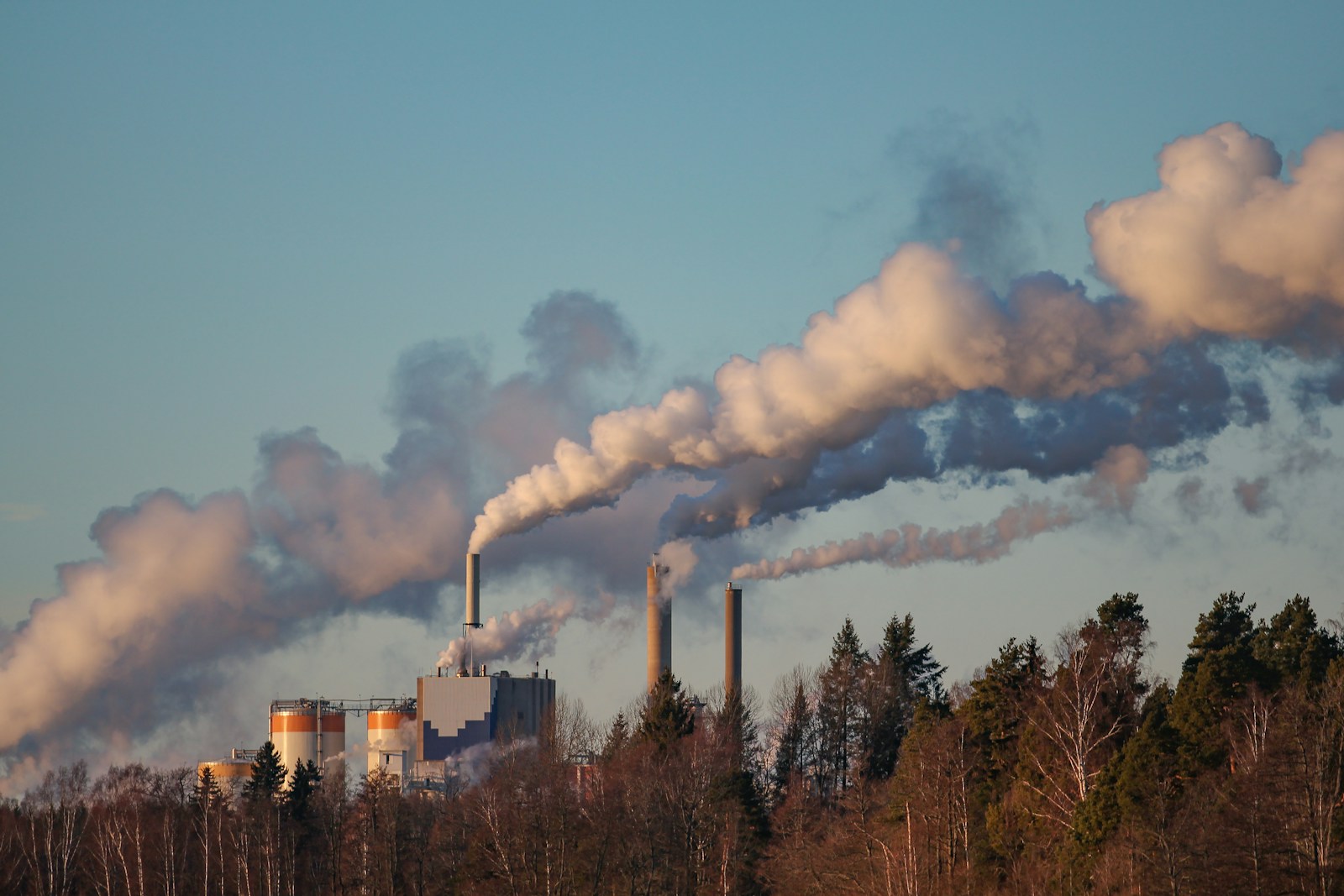Table of Contents
ToggleIntroduction:
The Intergovernmental Panel on Climate Change (IPCC) has recently released its latest report on the state of our planet’s climate. The findings are alarming but not hopeless. The report outlines that the world can still avoid the worst effects of climate breakdown if we take immediate action to reduce carbon emissions and shift towards renewable energy sources. In this article, we will examine the key takeaways from the IPCC report and explore what actions we can take to ensure a sustainable future for our planet.
The Urgency of the Climate Crisis
The IPCC report states that the planet is already experiencing the effects of climate change, including rising temperatures, extreme weather events, and sea-level rise. The report warns that without immediate and drastic action, we will face catastrophic consequences, including widespread famine, displacement, and ecosystem collapse.
The Need for Collective Action
The IPCC report highlights that no single country can solve the climate crisis alone. To achieve meaningful change, we need a coordinated global effort to reduce carbon emissions and transition to renewable energy sources. This will require the cooperation of governments, businesses, and individuals across the world.
Key Recommendations from the IPCC Report
The IPCC report provides several key recommendations for addressing the climate crisis. These include:
Rapid and deep reductions in greenhouse gas emissions:
The report calls for a global reduction in carbon emissions by at least 50% by 2030 and a net-zero target by 2050.
Investment in renewable energy and low-carbon technologies:
The report emphasizes the need for a rapid shift towards renewable energy sources such as solar and wind power, and the development of new technologies to reduce emissions from transportation, industry, and agriculture.
Changes in land use and agriculture:
The report recommends changes in land use and agriculture to reduce emissions, enhance carbon sinks, and improve food security.
International cooperation and policy frameworks:
The report highlights the importance of international cooperation and policy frameworks to ensure a just transition to a low-carbon economy, protect vulnerable populations, and promote sustainable development.
The Role of Individuals in Addressing Climate Change
While the IPCC report emphasizes the need for collective action, individuals can also play an important role in addressing the climate crisis. Some ways individuals can contribute include:
Reducing energy consumption:
By using energy-efficient appliances, turning off lights and electronics when not in use, and reducing air travel, individuals can reduce their carbon footprint.
Supporting renewable energy:
By installing solar panels, purchasing renewable energy credits, or supporting renewable energy policies, individuals can help shift towards a low-carbon future.
Eating a plant-based diet:
Animal agriculture is a significant source of greenhouse gas emissions. By reducing or eliminating meat and dairy consumption, individuals can help reduce their carbon footprint and improve their health.
Conclusion
In conclusion, the IPCC’s recommendations for a sustainable future provide a roadmap for preventing climate breakdown. The report highlights the urgent need for immediate and sustained action to limit global warming to 1.5 degrees Celsius above pre-industrial levels, which will require a significant reduction in greenhouse gas emissions.
The IPCC emphasizes the importance of transitioning to renewable energy sources, improving energy efficiency, and reducing emissions in all sectors of the economy. Additionally, the report highlights the need for increased investment in climate adaptation and resilience measures to prepare for the impacts of climate change that are already inevitable.
It is clear that preventing climate breakdown will require significant changes to our current way of life. However, the IPCC’s recommendations provide a clear and achievable path towards a sustainable future. It is up to individuals, governments, and businesses to take action and work towards a cleaner, healthier, and more sustainable world for future generations.







